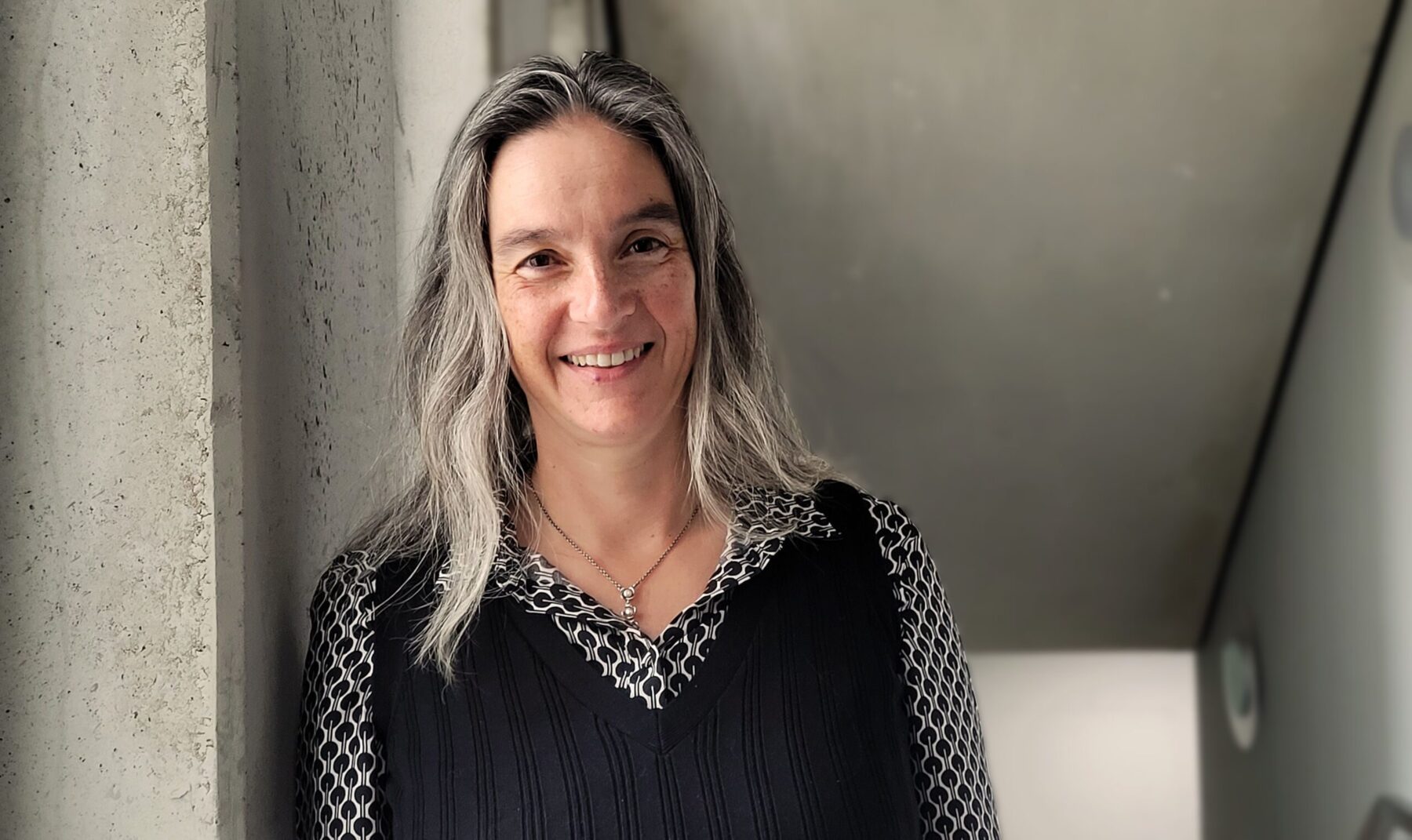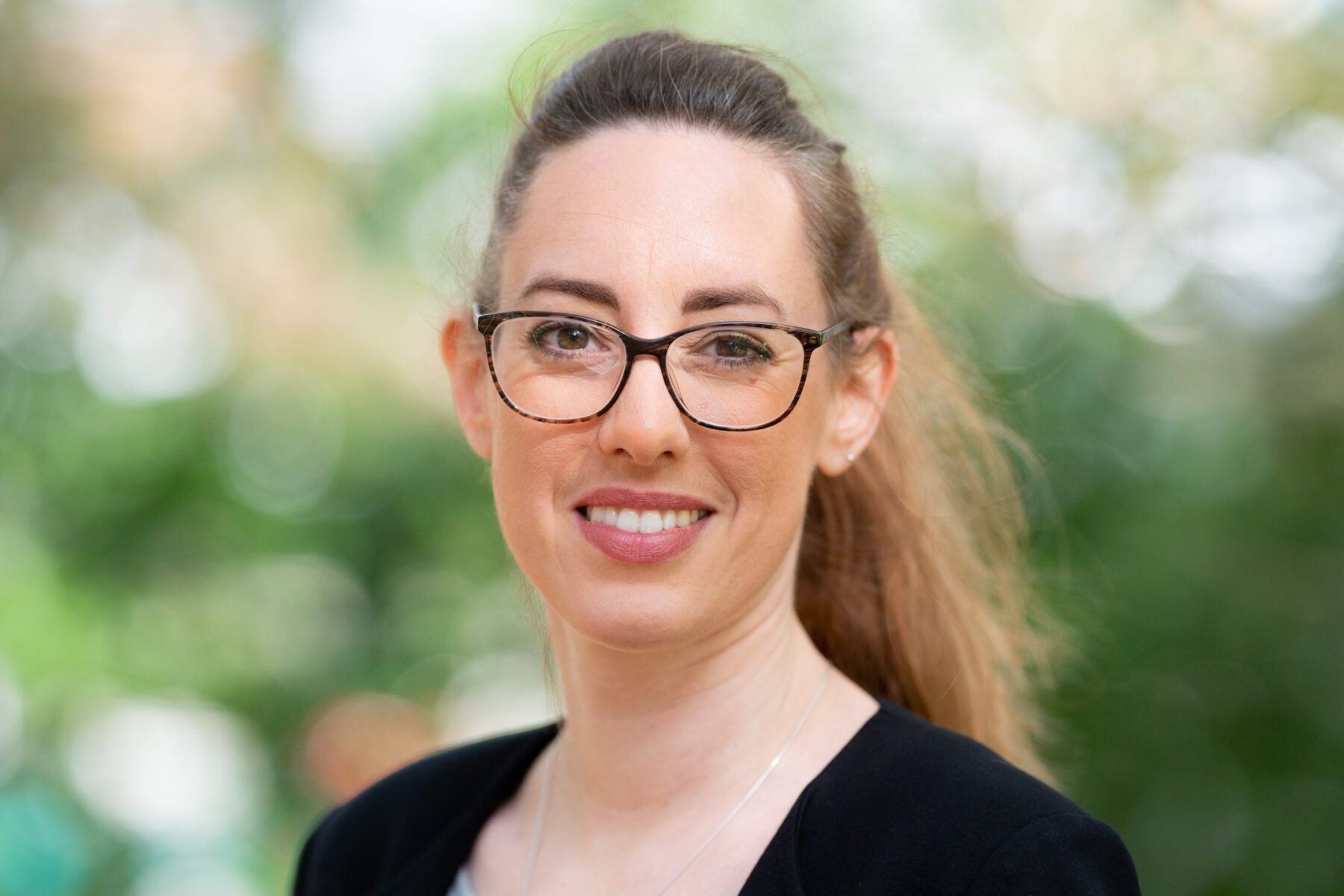
3 Questions for the Brandenburg Faculty of Health Sciences Brandenburg – Better Treatments for Dementia, Diabetes, Arthritis et al.
As societies age, conditions such as diabetes, arthritis and cardiac insufficiency are becoming ever more significant. At the same time, the need for research in fields such as eHealth or epigenetics is growing. Three universities in Brandenburg – the University of Potsdam, the Brandenburg University of Technology Cottbus-Senftenberg and the Brandenburg Medical School Theodor Fontane – have established a joint Health Sciences department to address these pressing issues. Managing Director Doctor Nathalie Dehne and Professor Notger Müller, Professor for degenerative and chronic diseases with a focus on physical activity, talk to us about the joint faculty, about why health sciences are essential and why the Potsdam Science Park is one if three ideal locations.
Professor Müller, you were previously the Head Physician of a neurology department in Magdeburg. From 2012 onwards, your work focused on dementia prevention in your time as a professor for neuroprotection at the German Centre for Neurodegenerative Diseases. What are you seeking to achieve in Potsdam over the next few years?
My personal research objective has been the prevention of neurodegenerative diseases for some time now. Science has clearly shown that the combination of physical activity and cognitive challenges hugely impact the brain. The problem we face when conducting our studies is that we often only reach a certain part of the population who are already taking good care of their health. But we don’t want to limit our research to finding out which measures are most effective, we also want to achieve that people lead healthier lives. We are carrying out some initial studies to this end locally in Brandenburg, observing participants over longer periods of time. Based on this, we hope to develop ideas that will help people make lasting improvements in their lives, live a healthy lifestyle, and create the required structures. This includes, for example, techniques for exercising at home. Not everyone can make it to a gym. Developing technologies and software applications is also a part of this, for instance for medical rehabilitation after a stroke. Our main goal here is to reach a large share of the population and to get our research out of the ivory tower. My personal motivation is making a contribution to people’s health and well-being. When I retire, I would like to see that I have helped others, not just had a career.
Doctor Dehne, why does it make sense, in your opinion, that the three sponsoring universities have decided to set up and share knowledge in a joint Faculty of Health Sciences?
The structure with the three sponsoring universities is special. All three of these academic institutions in Brandenburg have done work in the field of health sciences in the past, but it never played a central role in any of these universities. Health science as we define it encompasses the field of medicine, but is in fact often regarded as a supporting science of medicine. Actually, though, health sciences comprise much more than medicine: They include health-related science, but also cover disciplines such as biotechnology, architecture, or other disciplines that can contribute to improving the health and well-being of everyone. In essence, the Faculty of Health Sciences is going to provide a platform via which all the disciplines related to health sciences can act jointly. Another idea is to develop courses of study together with the various fields of research. The overarching theme will be health and medicine in the ageing process. These issues are also of great regional significance.
The organisation of the faculty as a joint endeavour of three universities is unique. How does the Health Sciences Faculty position itself in Germany and why is the Potsdam Science Park exactly the right location for this project?
Such a cooperation between science and research across boundaries is not revolutionary in itself. What is special about us is that we integrate this into our academic courses. You will find regional research and medical care networks in other areas similar in size to Brandenburg. But the integration into academic teaching is unique. You don’t have to install everything everywhere, but can establish joint courses of study and joint research projects by cooperating across universities. We are even being supported by educational researchers in some areas as we develop our educational programme to make sure it is open to everyone, including digitally. However, there will be also a strong emphasis on the University of Potsdam and, consequently, the Potsdam Science Park. We regard the incredible concentration of expertise as one of the main advantages of the location in Potsdam-Golm: the Max Planck Institutes, the Fraunhofer Institutes, the joint chair, the University of Potsdam and, of course, the many local companies. After all, the work at the Faculty of Health Sciences also needs to be translated to the realities of healthcare, and this always includes the development of products. So, besides research, we will also have to transfer that knowledge to potential business applications, which is why we appreciate having a space where start-ups in the immediate vicinity can be established. It is hugely important to us to cooperate with other chairs and with colleagues from other departments, and we hope that they will increasingly move to Potsdam-Golm from their current locations so that Potsdam Science Park will become an important hub for research in Brandenburg over the long term.
Thank you for joining us, Ms. Dehne and Mr. Müller.
This blog and the projects carried out by Standortmanagement Golm GmbH at Potsdam Science Park are funded by the European Regional Development Fund (ERDF) and the Federal State of Brandenburg. Image credit: Dr. Nathalie Dehne, Faculty of Health Sciences Brandenburg ©Standortmanagement Golm GmbH/Karen Esser
Contact

Karen Esser
PR & Communications
karen.esser@potsdam-sciencepark.de + 49 331 237 351 103